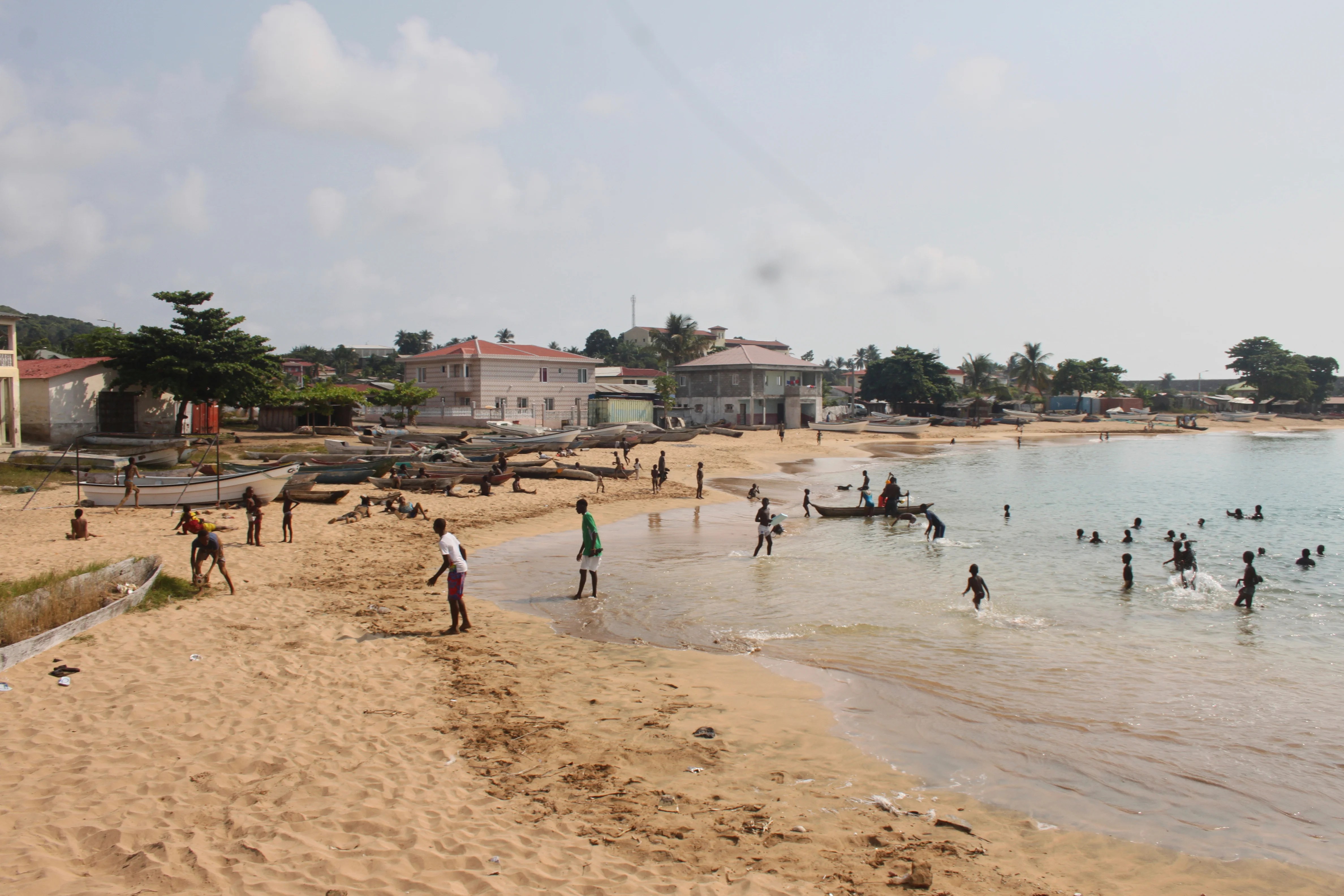
Residents of Annobón island in Equatorial Guinea have been without internet access for nearly a year, a severe reprisal following their complaints about dynamite explosions by a Moroccan construction company last July.
The swift and drastic measure has plunged the small island into isolation, with profound consequences for its inhabitants.
Dozens of those who signed the initial letter of complaint, along with other residents, were subsequently imprisoned for almost a year, according to reports from rights groups and local sources.
The ongoing internet blackout has forced many to flee the island, citing fears for their safety and the unbearable difficulties of daily life without connectivity.
Essential services have collapsed; banking operations have ceased, and emergency hospital care is no longer available.
Residents are now burdened with unaffordable phone bills, as mobile calls remain their sole means of communication. While governments typically instruct telecom providers to sever connections in such shutdowns, the precise method employed in Annobón remains unclear.
The internet shutdown remains in effect, residents confirmed alongside activists, at a moment when the Trump administration has considered loosening corruption sanctions on the country’s vice president.
The Moroccan company Somagec, which activists allege is linked to the president, confirmed the outage but denied having a hand in it. The Associated Press could not confirm a link.
“The current situation is extremely serious and worrying,” one of the signatories who spent 11 months in prison said, speaking anonymously for fear of being targeted by the government.
In addition to the internet shutdown, “phone calls are heavily monitored, and speaking freely can pose a risk,” said Macus Menejolea Taxijad, a resident who recently began living in exile.
It is only the latest of repressive measures that the country has deployed to crush criticisms, including mass surveillance, according to a 2024 Amnesty International report.
Equatorial Guinea, a former Spanish colony, is run by Africa’s longest-serving president, Teodoro Obiang Nguema Mbasogo, who, at 83, has served as president for more than half his life.
His son serves as the vice president and is accused of spending state funds on a lavish lifestyle. He was convicted of money laundering and embezzlement in France and sanctioned by the UK.
Despite the country’s oil and gas wealth, at least 57 per cent of its nearly 2 million people live in poverty, according to the World Bank. Officials, their families and their inner circle, meanwhile, live a life of luxury.




